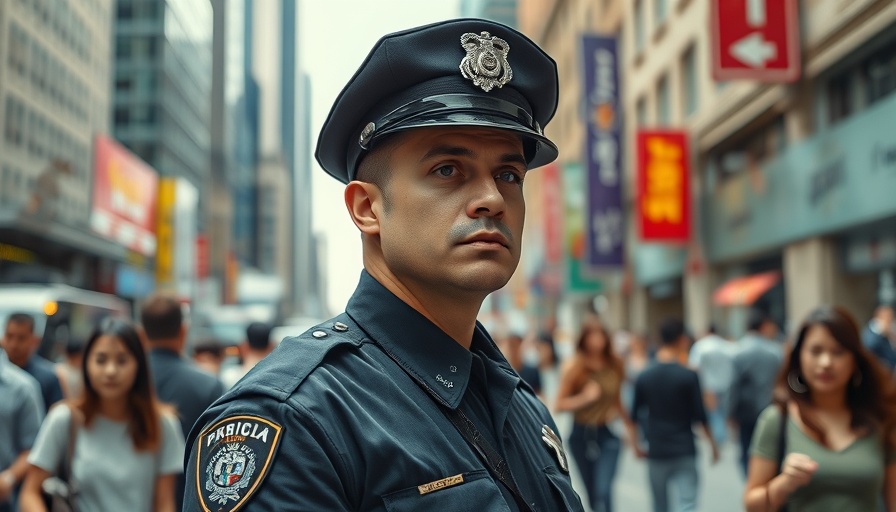
Racial Disparities in Traffic Stops: An Ongoing Concern
A recent study reveals that racial disparities in traffic stops in Vermont persist, with Black and Hispanic drivers experiencing higher rates of stops and searches compared to their white counterparts. This research, led by University of Vermont's Economics Professor Stephanie Seguino alongside Cornell's Professor Nancy Brooks and Data Analyst Pat Autilio, analyzed traffic stop data collected from 2020 to 2023. The findings evoke a consistent concern about racial bias in policing that has been echoed in various studies released since 2017.
Impact of COVID-19 on Policing Practices
The study observes a significant drop in total traffic stops during the COVID-19 pandemic, likely due to restrictions and an overall decrease in road activity. However, as restrictions began to lift, traffic stops have risen again, raising critical questions about how policing practices are evolving post-pandemic. Policymakers and law enforcement agencies must reflect on the implications of restoring pre-pandemic operations, particularly in addressing the disproportionate impact on marginalized communities.
The Need for Innovative Police Reform Strategies
With ongoing disparities in traffic enforcement highlighted, there is a clarion call for robust police reform. Vermont's law enforcement agencies have previously implemented racial bias training as a response to prior analyses, but the continuing data suggests that more innovative recruitment strategies and community policing frameworks are essential. These could include procedural justice initiatives aimed at fostering greater police-community trust and accountability.
Proactive Measures for Police Departments
As police departments digest this data, there are multiple actionable insights that can be leveraged to enhance public safety and community relations. Implementing body camera footage policies, crisis intervention strategies, and transparent use-of-force policies can significantly aid in building trust. Additionally, fostering a culture of officer wellness within departments can pave the way for a more humane approach to policing that prioritizes understanding rather than enforcement.
Future Perspectives on Policing and Accountability
The trajectory of police reform in Vermont and beyond hinges on data-driven decision-making and accountability measures. As public safety data analysis continues to evolve, stakeholders must engage in innovative dialogue regarding consent decrees and technological advancements in policing. This discourse will ultimately determine how effectively law enforcement can adapt to the community's needs and improve overall public safety while ensuring fairness and justice in policing practices.
As we look forward, Vermont’s public safety officials, community leaders, and policymakers must collaborate to ensure that the lessons learned from this study will lead to actionable reforms that not only improve traffic safety initiatives but also address community concerns over policing practices.
Call to Action: Engage in the Discourse
It is vital for community members and leaders to engage in discussions about ongoing traffic safety initiatives and police reform strategies. By advocating for data-driven policies and collaborating with law enforcement agencies, we can work together to ensure that all citizens feel safe and respected. Join the conversation on the importance of equality in policing!
 Add Row
Add Row  Add
Add 

 Add Element
Add Element 




Write A Comment